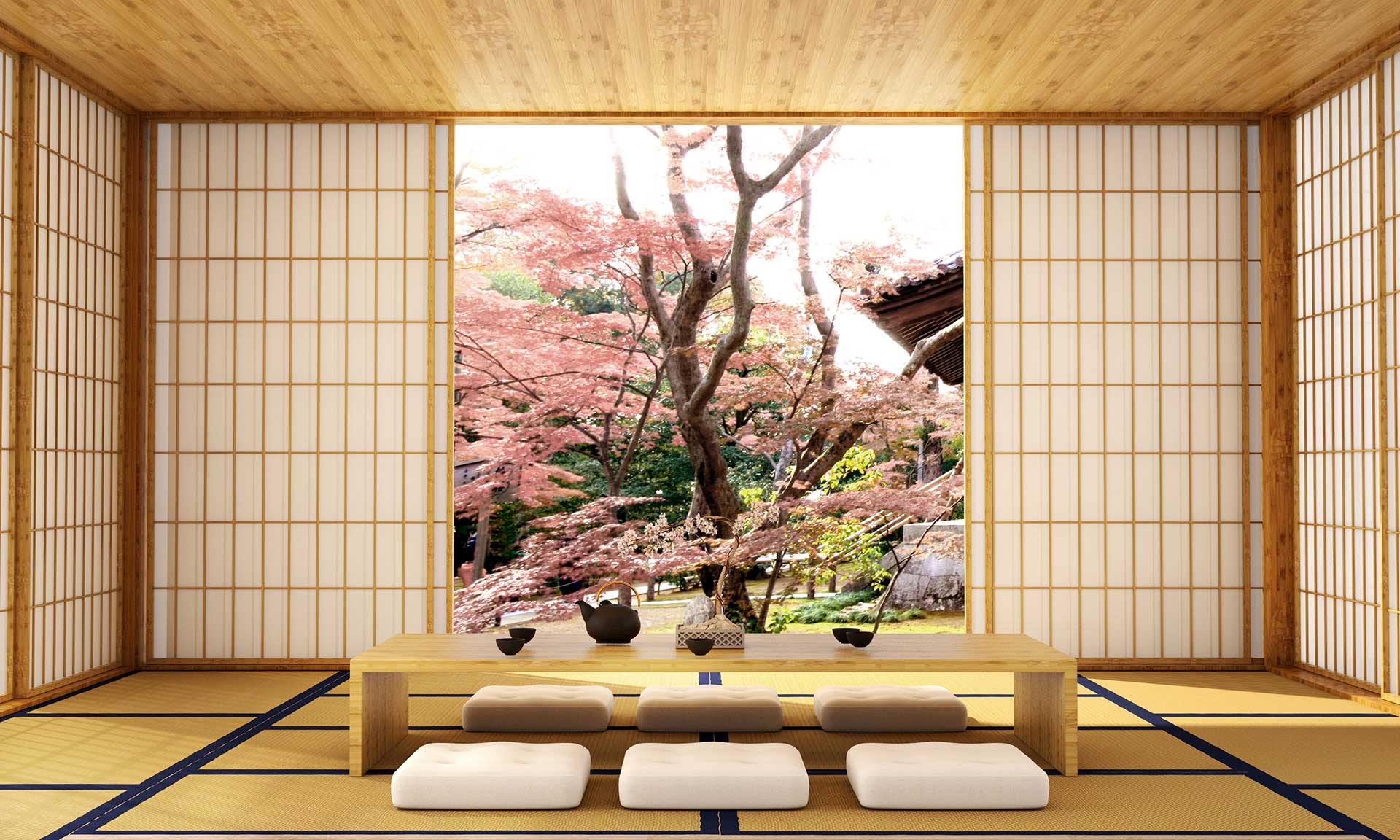Hotel Management in Japan: Where Tradition Meets Technology
Japan, known for its rich cultural heritage and latest technological developments, offers a unique blend of tradition and innovation in the hospitality industry. From ryokans to modern luxury hotels, the management practices in Japan reflect a harmonious fusion of age-old customs and modern advancements. In this blog post, we explain the fascinating world of hotel management in Japan, exploring how tradition and technology coexist to create exceptional guest experiences.
Omotenashi
Omotenashi, a cornerstone of Japanese hospitality, encapsulates a philosophy of service that transcends mere accommodation to offer guests a deeply enriching experience. It is characterized by meticulous attention to detail, where every aspect of a guest's journey is carefully curated to anticipate and exceed their expectations. From the moment guests step through the door, they are greeted with warmth and sincerity, welcomed into a space where their comfort and satisfaction are paramount.
Central to omotenashi is the belief in personalized service, where hospitality professionals strive to understand and cater to each guest's unique needs and preferences. Whether it's arranging special amenities, accommodating dietary restrictions, or simply providing a listening ear, the aim is to foster genuine connections and create a sense of belonging. With humility and gratitude, hospitality professionals embody the spirit of omotenashi, continuously seeking to improve and refine their service to ensure that every guest leaves with not just a memorable experience, but a lasting impression of Japanese hospitality at its finest.
Traditional Ryokans
Ryokans are traditional Japanese inns that offer guests a unique cultural experience deeply rooted in Japanese customs and traditions. Here are some key features of ryokans:
Tatami-Matted Rooms: Ryokan rooms are typically floored with tatami mats, made from woven straw, providing a comfortable and traditional sleeping area. Guests often remove their shoes before stepping onto the tatami mats, a customary practice in Japanese culture.
Futon Bedding: Instead of conventional beds, guests sleep on futons, which are thin mattresses placed directly on the tatami floor. This minimalist bedding arrangement adds to the authentic Japanese experience.
Onsen (Hot Springs): Many ryokans feature communal baths known as onsens, fed by natural hot springs. Guests can relax and unwind in these soothing baths, enjoying the therapeutic benefits of the mineral-rich waters while surrounded by serene natural landscapes.
Kaiseki Cuisine: Ryokans are renowned for their exquisite kaiseki meals, which are multi-course dining experiences showcasing seasonal and locally sourced ingredients. These meticulously prepared meals offer a culinary journey through Japanese flavors and traditions.
Yukata and Geta: Guests are often provided with yukata, lightweight cotton robes, to wear during their stay. They can also enjoy strolling through the ryokan's premises wearing geta, traditional wooden sandals.
Modern Hotels With The Latest Technology
Henn-na Hotel (Tokyo and Nagasaki): Henn-na Hotel, translated as "Strange Hotel," gained international attention for its innovative use of robotics in hospitality. From robotic receptionists to robot concierges and luggage porters, Henn-na Hotel offers a futuristic guest experience where robots handle various tasks, including check-in, check-out, and room service.
The Peninsula Tokyo: The Peninsula Tokyo seamlessly blends traditional Japanese hospitality with modern technology. The hotel features advanced in-room automation systems that allow guests to control room temperature, lighting, and entertainment options with the touch of a button or through voice commands. Personalized digital tablets provide access to hotel services and information, ensuring a convenient and luxurious stay.
Hoshinoya Tokyo: Hoshinoya Tokyo offers a contemporary take on traditional ryokan hospitality in the heart of Tokyo. The hotel combines minimalist Japanese aesthetics with technology, including automated check-in kiosks and in-room tablet controls. Guests can enjoy authentic ryokan experiences such as tea ceremonies and kaiseki meals while enjoying the convenience of modern amenities.
The Aman Tokyo: Nestled high above the bustling streets of Tokyo, The Aman Tokyo offers a tranquil oasis where traditional Japanese design meets modern luxury. The hotel's sleek and elegant rooms feature advanced technology, including touch panel controls for lighting, curtains, and room temperature. Guests can also enjoy panoramic views of the city skyline from the hotel's serene garden terrace, offering a peaceful retreat amidst the urban landscape.
Hotels in Japan are embracing the latest technology to enhance guest experiences while staying true to the country's rich cultural heritage. Whether seeking a traditional ryokan experience or a futuristic hotel stay, travelers to Japan can choose from a diverse range of accommodation options that cater to both tradition and innovation.

